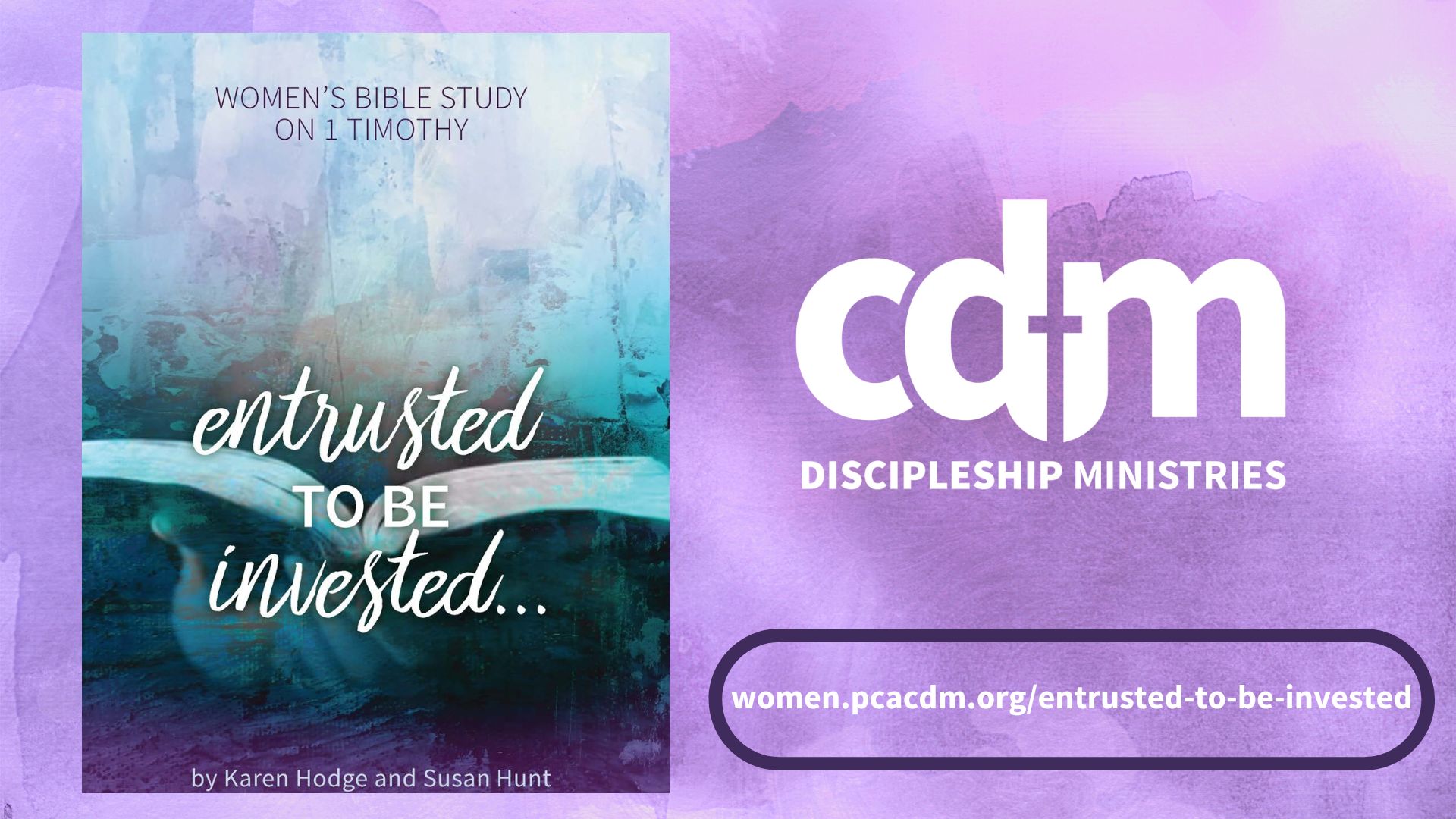Even a King Needs to Have a Quiet Time
SUSAN TYNER|CONTRIBUTOR When it comes to having a moment of private worship with God, lots of things tend to get in the way. A snooze button, a stack of work deadlines, a pile of laundry. Imagine if you were a king with a whole country to run. The pressures of managing a national economy, foreign affairs, and court intrigues would wake me up and carry me past my Bible and towards the shower to meet all the demands. For King Josiah in 2 Kings 22, God decided even a king needs to read his Bible. Lost and Found Josiah was a young king who loved God, made evident by his wreaking havoc on all false worship centers in Judah and Israel. But one day, when his scribe came by to report progress at the temple, he casually added that the priest had found a book. This paper scroll, probably Moses’s Book of Deuteronomy, hit the light of day after being missing for years. What’s crazy is that the book was lost in the first place. After all, it was the covenant agreement of God with His people. These were the founding principles of their nation; the vows of the relationship between God and Israel. Imagine us misplacing the U.S. Constitution or a wedding ring. No wonder so much evil had happened in God’s land when His people didn’t value this book enough to keep up with it. Had someone misplaced it as they made room for more important things, like Baal hymnals or Asherah collection plates? Did they discover it dusty, smushed under other scrolls and cobwebs in some janitor’s closet?...









